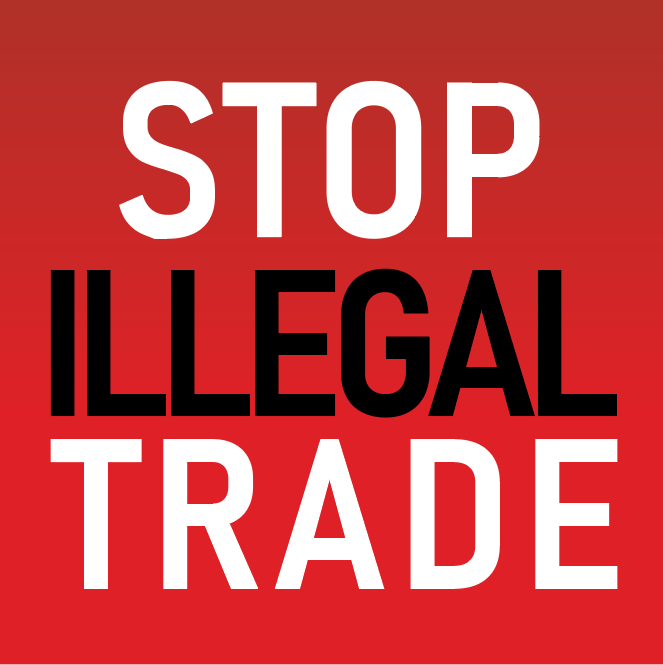LAHORE: The tobacco industry of Pakistan believes that effective enforcement of Federal Board of Revenue’s (FBR) track and trace system to counter tax evasion is vital, or else its impact will be the same as previous policies.
The tobacco sector is at the forefront of implementation of the system, which has a 40% market share in illegal cigarettes, causing an annual loss of Rs70 billion to the national exchequer.
Talking to The Express Tribune, an official of the tobacco industry said that the implementation and enforcement of laws was a bigger issue in Pakistan.
“There are stringent laws on paper but authorities have mostly failed to implement them in a true spirit,” he said.
“Government has set a minimum retail price of Rs63 per cigarette pack but it is conveniently available as low as Rs25 in every corner of the country,” he said, adding that despite the ban on tobacco products promotion, cigarette selling kiosks and shops were seen displaying promotional posters.
Appreciating the government’s efforts to implement the track and trace system, he said that the government needed to ensure effective enforcement of the system to reap its benefits.
Along with the tobacco sector, the sugar industry had also agreed to get sugar mills inspected under the system, he highlighted.
A tripartite agreement had been reached between the FBR, Pakistan Sugar Mills Association and a consortium of local and international technology companies, he revealed.
Tax authorities and economists hoped that the system would be a game changer in the fight against illegal trade and tax evasion and it would be extended to other industries, including cement and fertiliser, he added.
The system involves implementation of a robust, nationwide electronic monitoring system for production volumes through the affixation of more than five billion tax stamps on various products to monitor their flow throughout the supply chain.
According to officials, the track and trace system makes it easier for tax authorities to monitor production and sales as well as empower consumers.
Source: The Express Tribune – November 9, 2021.















